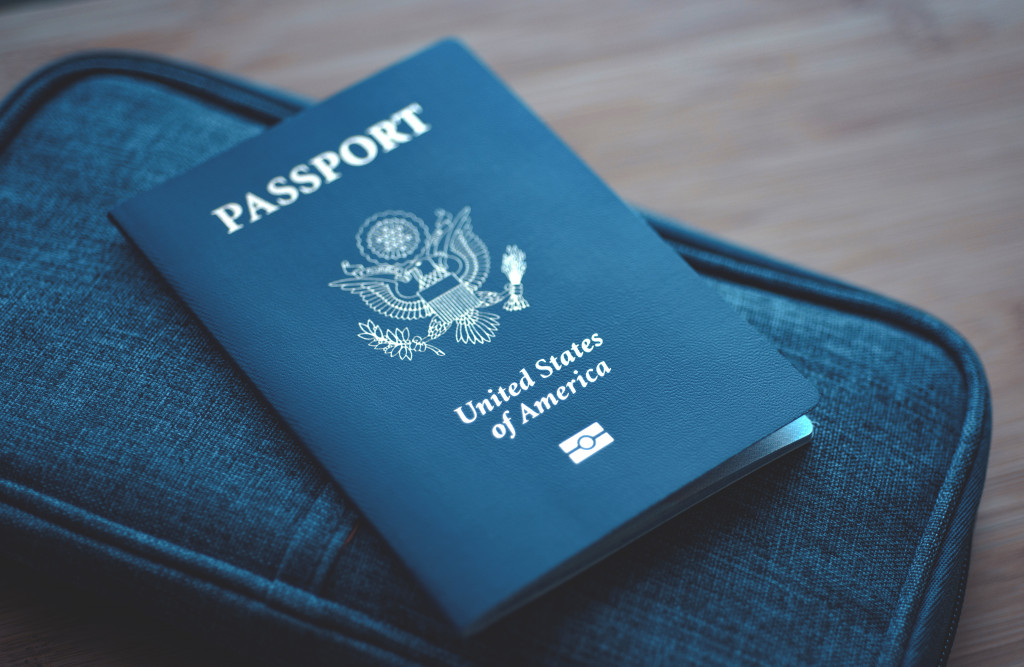The culinary engagement has become an essential part of traveling. To fully experience the culture, people care about the authenticity and quality of the meals they consume when visiting a particular destination. In turn, tour operators respond by offering great dining venues and investing in culinary programs and unique food experiences.
Today, food is no longer a complementing feature of travel packages. It has become the main attraction for every fervent food traveler who does not only want to try interesting foods but also treats food as an itinerary itself. They arrive in towns and cities with a full itinerary of markets to explore, food stalls to try, cafes to hang out, and restaurants to splurge on.
This is why Asian food tours have been popular among Western travelers. Places to eat in Singapore, China, Japan, and Vietnam are popular options because of the culinary experience.
With the rising number of social media articles featuring savory diseases in various destinations, culinary trips have become so popular that travel agencies create ambitious, intricate itineraries centered around food. But if you’re the type of traveler who has a nit-picky taste and wants to create their own food itinerary, it’s essential to know how to come up with your own culinary plan. To help you get started, here are some recommendations on planning a food trip and ways to explore unique dining experiences.
Consult the locals
A culinary adventure offers the most divine and flavorful combination of culture, history, and food. Every unique dish comes with a fascinating backstory, including how they’re named, the food evolution, and other interesting associations that reveal a lot of information about the place you’re visiting.
A better way to do this is to talk to the locals and ask about food recommendations. You’ll find them in marketplaces, particularly the older people who have been living in the area for many years. The knowledge and experience of these people will help you discover the best food spots nearby. Tour guides can also be of help when exploring the food history of a particular destination.

Familiarize yourself with the local culture
A culinary trip isn’t just about trying out unique cuisines. It opens doors to building your relationship with people from a different culture, allowing you to establish a stronger bond with the place you’re visiting.
Every food escapade is an exciting opportunity to learn about the culture and the locals’ lifestyle. This is evident in the ingredients they frequently use and the most dominant flavors of their meals. By simply immersing in culinary experiences, you get to discover the fascinating aspects of the destination, including its historical value.
A great tip is to look for a walking food tour led by food experts. You won’t only get to taste a lot of food, but also explore the city, learn about the history and food culture of the area, and meet new friends along the way. Walking tours allow participants to eat and shop at various bakeries, wineries, markets, and food stores you won’t find on your own.
Bring a first-aid kit
Every traveler should always bring a first-aid kit wherever they travel. This is essential since you’ll be trying a lot of foods you’ve never encountered before.
Tasting local food and trying new ingredients can upset your stomach. If you have a very sensitive appetite, you can consult a physician about medications you need to bring with you. You may include a probiotic, pain killer, mild antibiotic, antihistamine, and antacid.
If you have any intolerance or allergies, you need to be cautious about your options. You can ask the store owner of the food preparer to know the ingredients used. Even if you can’t try local foods because of your allergy, you can look for other alternatives that have the same taste and feature.
Weather also plays a role in the quality of food, so you need to be mindful. If it’s too hot, avoid foods that easily spoil in warm weather. It’s also essential to bring a large bottle of water to stay dehydrated and replenish lost fluids if you do not feel well after eating.
Exploring food experiences is one of the best ways to create worthwhile travel memories. It allows you to explore the culture, cuisines, and vibes of a particular destination. After all, food serves as the unique identity of a country and an essential element of culture. To fully enjoy your next food trip, make sure to follow our tips above to experience a culinary journey like no other.
